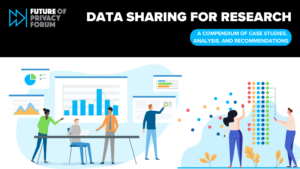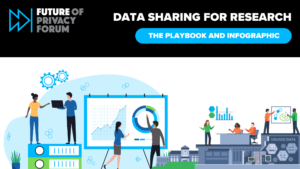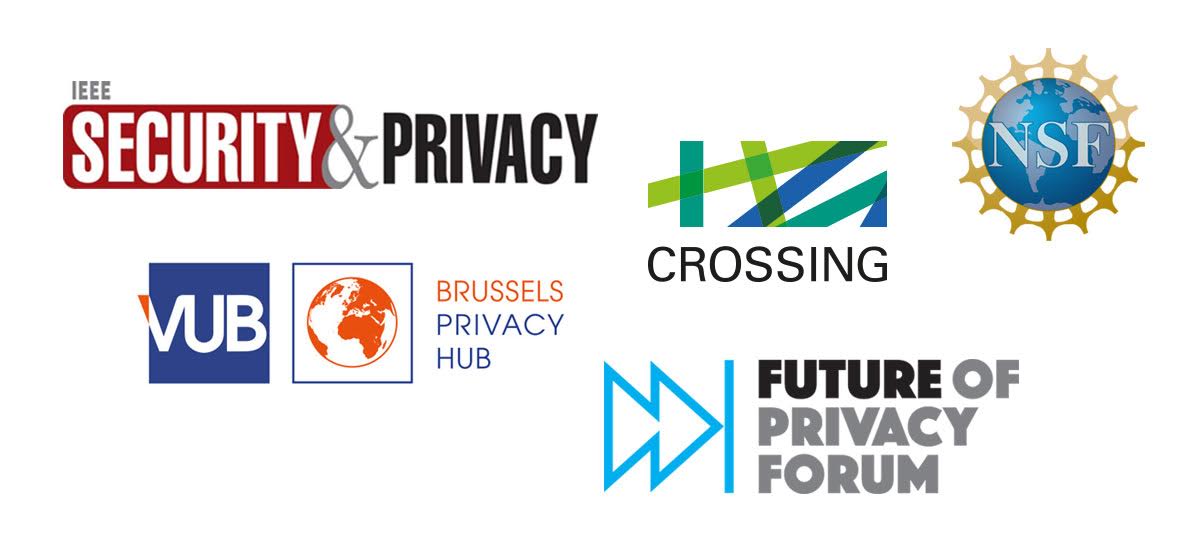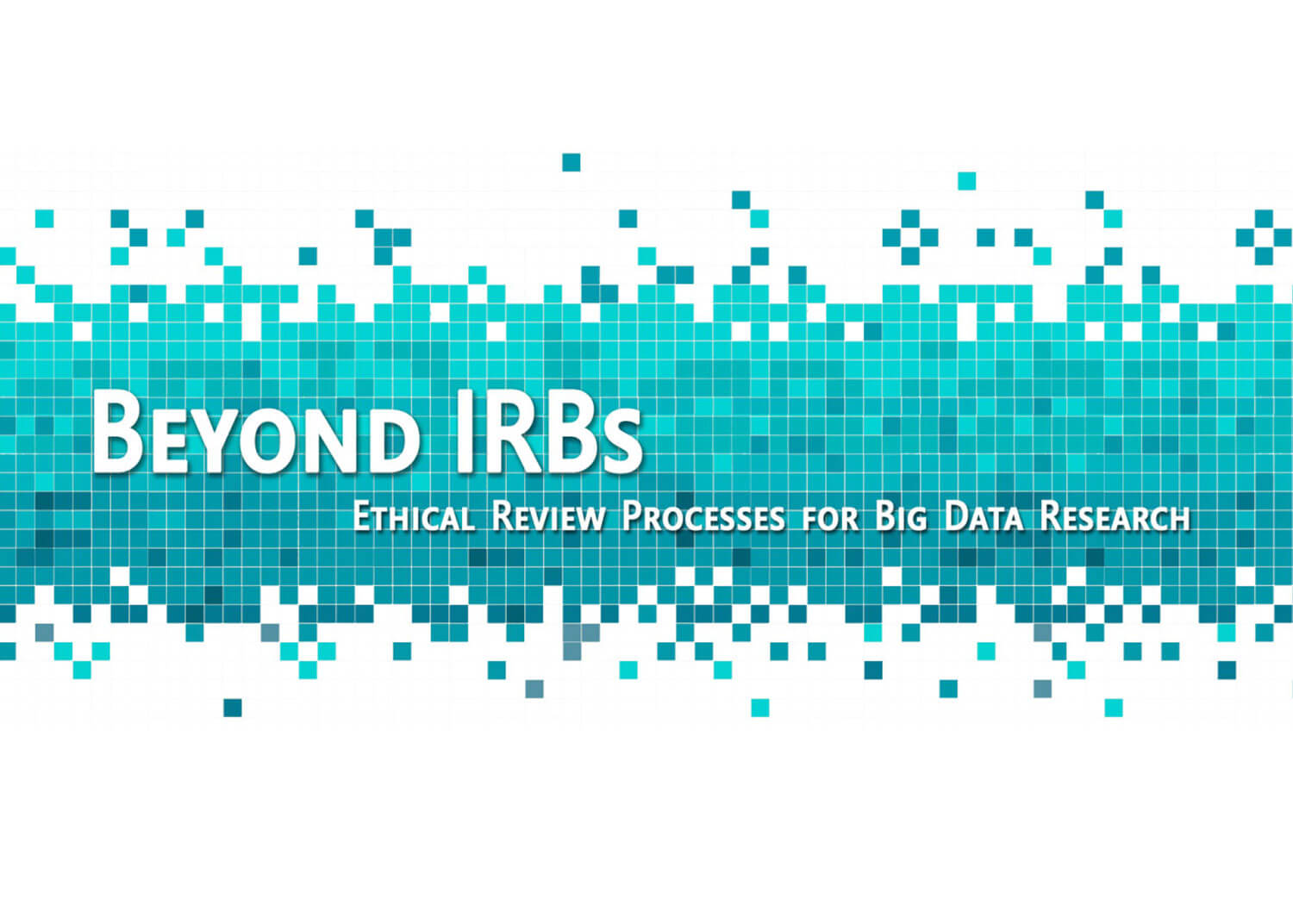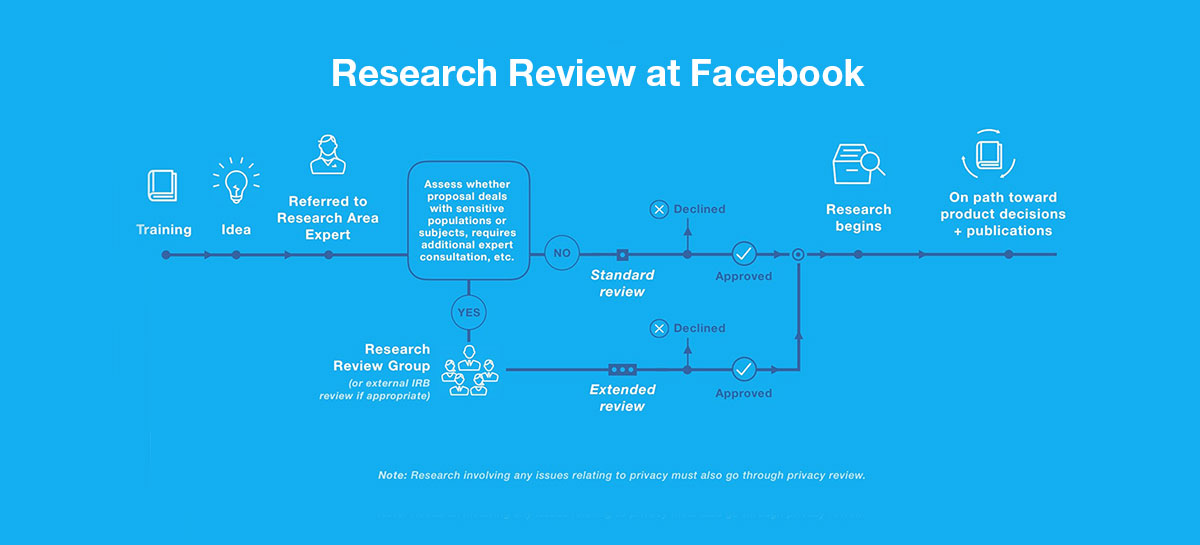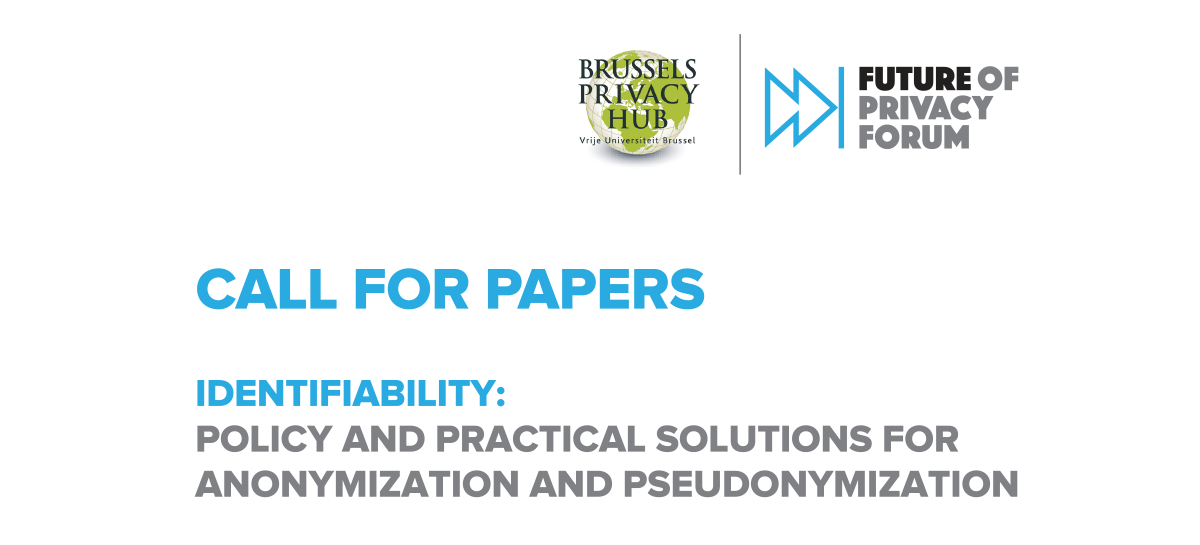Research often requires using sensitive data to answer important questions. The ethical collection and analysis of personal information can be challenging to do while still protecting the privacy of the implicated individuals, honoring informed consent, and complying with other legal obligations. The technology, policies, and ethical considerations for researchers are constantly shifting, sometimes making it difficult to keep up. That’s why FPF engages stakeholders across academia and industry to produce recommendations, best practices, and ethical review structures that promote responsible research. Our work is centered around streamlining, encouraging, and promoting responsible research that respects essential privacy and ethical considerations throughout the research lifecycle. FPF works with policymakers to develop legislative protections that support effective, responsible research with strong privacy safeguards, including hosting events that allow policymakers and regulators to engage directly with practitioners from academia, advocacy, and industry.
FPF also has an Ethics and Data in Research Working Group. This group receives late-breaking analysis of emerging legislation affecting research and data, meets to discuss the ethical and technological challenges of conducting research, and collaborates to create best practices to protect privacy, decrease risk, and increase data sharing for research, partnerships, and infrastructure. Learn more and join here.
Featured
FPF Joins Leading Civil Society Groups, Academics and Companies to Participate in the Work of the Partnership on AI
Today, the Partnership on AI announced a new group of key stakeholders who will work with the Partnership’s Board of Directors to define and advance a shared vision of artificial intelligence that benefits people and society. The Future of Privacy Forum is proud to join this organization and help drive this important work forward.
AI Ethics: The Privacy Challenge
The Future of Privacy Forum and the Brussels Privacy Hub of the Vrije Universiteit Brussel (VUB) are partnering with IEEE Security & Privacy in a call for papers focused on AI Ethics: The Privacy Challenge. Selected papers will be featured at The Brussels Privacy Symposium, an academic program jointly presented by the Brussels Privacy Hub of the VUB and FPF’s National Science Foundation supported Research Coordination Network.
Good Data Collaborative to Advance Responsible Data Use
The Good Data Collaborative seeks to identify gaps in resources to assist civil society in using data responsibly through distinct activities: a landscape assessment of existing tools and resources, as well as academic literature; a consultation with key stakeholders and current and potential users of the resources; and a redesigned, central repository of resources to help them address responsible data challenges in their work.
FPF Welcomes New Fellows
FPF is pleased to welcome Gabriela Zanfir-Fortuna and Leslie Harris!
Conference Proceedings – Beyond IRBs Designing Ethical Review Processes for Big Data Research
Today, FPF is pleased to make available the Conference Proceedings from our Beyond IRBs: Designing Ethical Review Processes for Big Data Research workshop. The workshop, co-hosted by the Washington & Lee School of Law and supported by the National Science Foundation and the Alfred P. Sloan Foundation, aimed to identify processes and commonly accepted ethical principles for data research in academia, government and industry.
Parents Support School Tech and Data, But Want Privacy Assurances: FPF 2016 Parent Survey
In 2015, the Future of Privacy Forum (FPF) set out to gain a better understanding of what public school parents actually know and want concerning the use of technology and collection of data in their children’s schools, as well as their perspectives on the benefits and risks of student data use within the educational system.
Jules Polonetsky Featured on Modern Workplace
On October 11, 2016, FPF’s CEO, Jules Polonetsky, was featured on Modern Workplace for “The Privacy Balance: Staying secure and ethical with your data.” The webinar focused on how to navigate common blind spots in data security and avoid privacy pitfalls. Jules discussed tips for creating an organization that is profitable and ethical.
W&L Law Review Publishes First-ever Disclosure of Facebook Internal Review Process
The Facebook study was the product of a symposium sponsored by W&L Law and theFuture of Privacy Forum (FPF), a DC-based think tank that promotes responsible data privacy policies. The topic of the symposium, as the Facebook paper suggests, was ethical review processes for big data research, with an emphasis on the ethical challenges of internal corporate research by companies that are able to harvest massive amounts of digital data. The event was also supported by the Alfred P. Sloan Foundation and the National Science Foundation.
Examining Ethics, Privacy, and Research Reviews
Today, the Future of Privacy Forum (FPF) and the Ohio State University’s Program on Data and Governance are holding a discussion of ethics, privacy and practical research reviews in corporate settings. This timely event, which follows the White House’s call to develop strong data ethics frameworks, convened corporate and academic leaders to discuss how to integrate ethical and privacy considerations into innovative data projects and research.
Advancing Knowledge Regarding Practical Solutions for De-Identification of Personal Data: A Call for Papers
De-identification of personal information plays a central role in current privacy policy, law, and practice. Yet there are deep disagreements about the efficacy of de-identification to mitigate privacy risks. Some critics argue that it is impossible to eliminate privacy harms from publicly released data using de-identification because other available data sets will allow attackers to identify individuals through linkage attacks.


